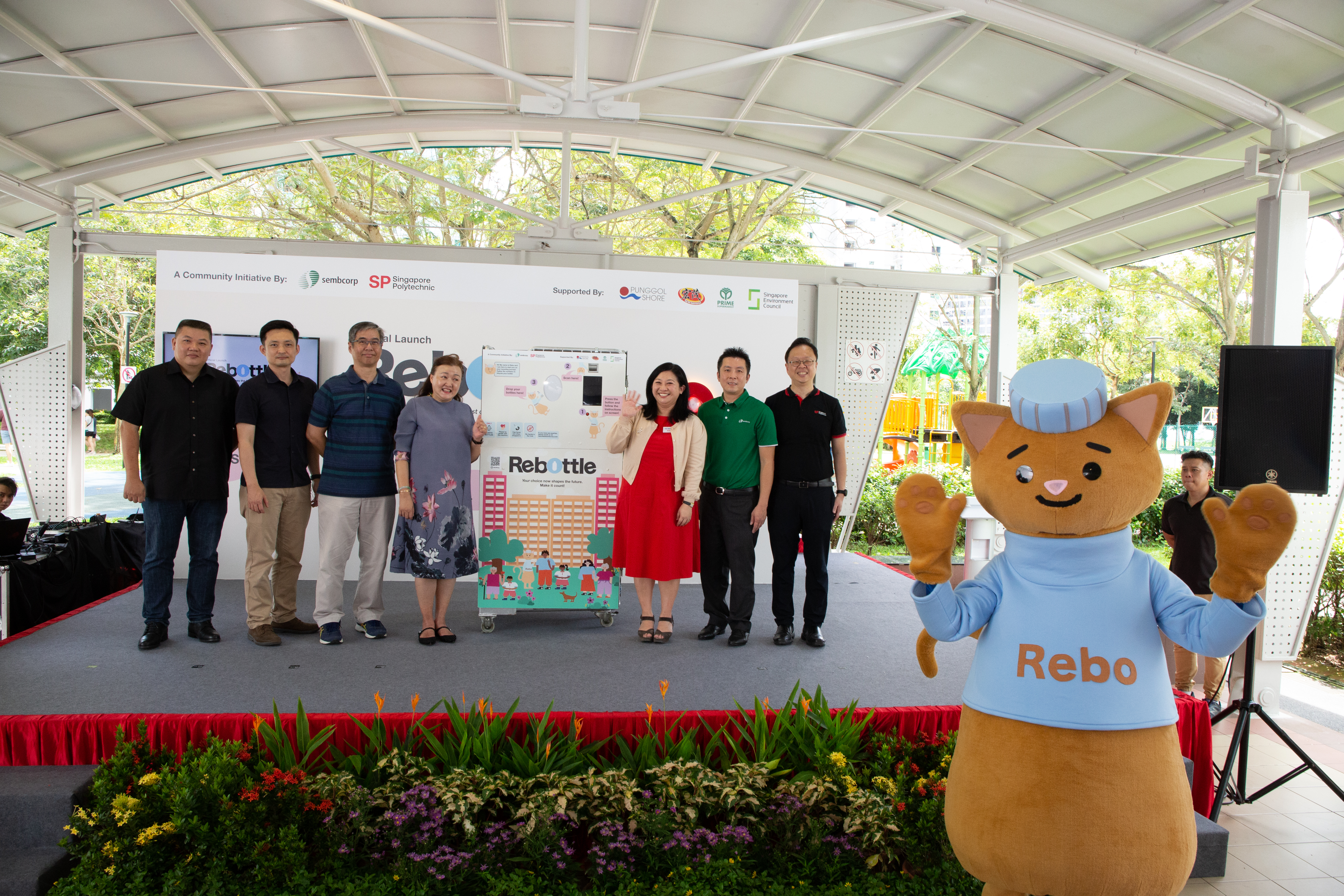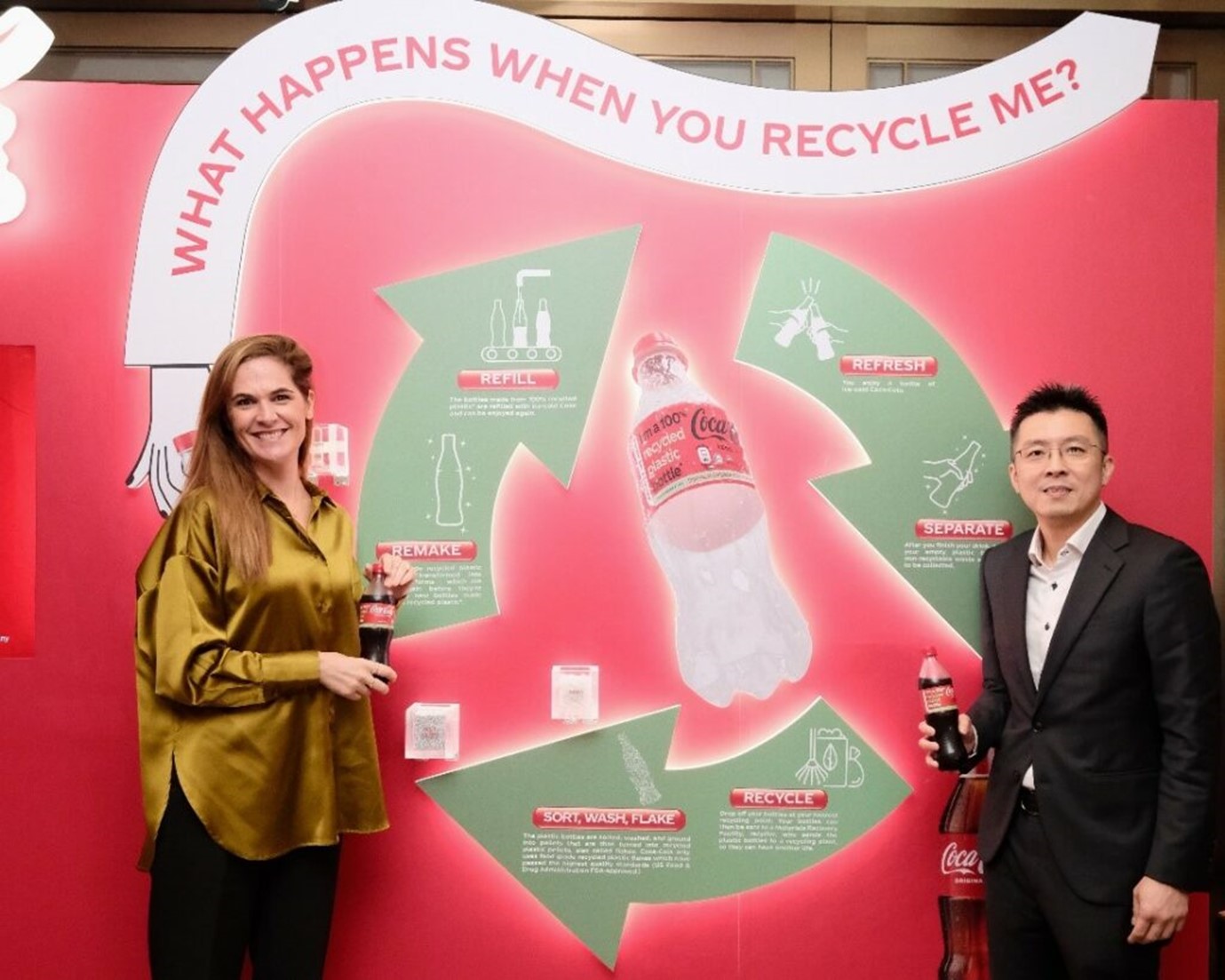SembWaste's Commitment to Circular Economy
January 31, 2024
SembWaste's Commitment to Circular Economy
At SembWaste, we are dedicated to evaluating the entire waste management process to contribute significantly to Singapore's environmental sustainability. As a leading environmental services provider, we engage in collecting, processing, recycling, and recovering energy from waste. Our commitment to promoting a circular economy is reflected in our initiatives and strategic partnerships.
Forging Partnerships for Circular Innovation
The efforts of individuals to recycle are often hampered by contamination, as Clean & Green Singapore reports that 40% of items in recycling bins cannot be recycled due to various contaminants. Recognising the need for a change in behavior, we focus on upstream recycling initiatives. Specifically, we have collaborated with Singapore Polytechnic to introduce Rebottle, an innovative polyethylene terephthalate (PET) bottle recycling initiative aimed at boosting recycling rates in Punggol.

By strategically placing recycling bins within targeted crowds and incorporating Internet of Things (IoT) technology, we provide real-time data to ensure timely clearing of the machines. This initiative not only enhances convenience for residents but also significantly increases recycling rates for PET bottles, which are commonly used in Singapore.
Driving Towards a Sustainable Future
SembWaste is actively engaged in promoting a closed-loop resource system, where recyclables are collected and transformed into recycled materials for new products. Through strategic partnerships with organisations like Coca-Cola, we collect PET and recycled polyethylene terephthalate (rPET) bottles, which are then recycled into new Coca-Cola bottles. This collaboration aligns with Coca-Cola's mission to make all primary consumer packaging recyclable by 2025 and incorporate a minimum of 50% recycled content by 2030.
As Coca-Cola's partner in Singapore, SembWaste plays a crucial role in achieving these sustainability goals. The bottles collected at nine recycling bins across Singapore contribute to the recycled content in Coca-Cola's packaging, creating a circular economy in the process.

Specialising in smart waste management, waste-to-resource, and recycling services, SembWaste owns and oversees eight strategically located plants that collects, processes, recycles, and disposes of solid waste for a diverse clientele across the municipal, industrial and commercial sectors. SembWaste’s recycling initiatives and facilities as well as its waste-to-resource solutions, which recover energy from waste and supports efficient resource utilisation, make it a key player in advancing circularity and environmental responsibility.
SembWaste remains committed to driving innovations and forming strategic partnerships that contribute to a circular economy. Through initiatives like Rebottle and collaborations with industry leaders like Coca-Cola, we are actively shaping a sustainable future for Singapore by redefining waste management and promoting responsible environmental practices.
